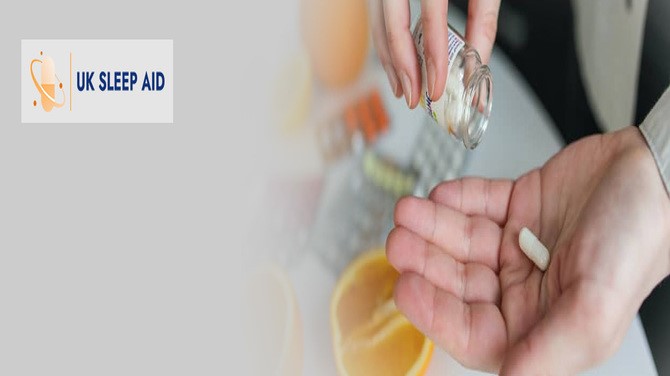Sleeping drugs work by making you feel tired and relaxed, which helps you sleep? Side effects are possible with sleeping pills, particularly natural ones that include melatonin. During the daytime, you may experience dizziness or tiredness.
In their slumber, few people walk or eat (parasomnia). Other non-pharmaceutical treatments, such as cognitive-behavioral therapy (CBT), are more effective in improving insomnia. Sleeping tablets or sedative-hypnotics are the most common sleeping medicines. It is a class of medications intended to help people fall asleep or remain asleep. Benzodiazepines, barbiturates, and other hypnotics are examples of sedative hypnotics.
Instruction to take sleeping tablets
It’s normally best to take the sleeping tablet soon before you want to go to bed. Mostly there are instructions written on the sleeping pill packet label; read those extra directions. The instructions contain particular details about your drug. Additionally, always be given enough time to rest before taking a sleeping tablet.
Benefits
The main advantage of most sleeping pills is that they cause sleepiness, which allows you to sleep longer. They can do so by assisting you in falling asleep and/or boosting your likelihood of sleeping throughout the night. They may assist you in resetting your sleep schedule, allowing you to begin the process of achieving regular slumber.
Side effects of taking sleeping tablets
Sleeping drugs, like any treatment, have negative consequences as well as withdrawal effects. However, you won’t know if a sleeping medication will cause you any negative effects until you use it. The day after taking sleep medicine, about eight out of ten persons have a hangover-like feeling.
They feel tired, their thoughts are jumbled, and they have nausea or balance issues. These reactions can impair your power to navigate, work, go to university, and do normal duties during the day.
- Hands, arms, feet, or legs are stinging or itching.
- Not feeling hungry the next day
- Diarrhea
- Constipation
- Difficulties in maintaining the balance of the body
- Lightheadedness
- Drowsiness during the day
- Oral cavity being unusually dryness
- Acidity or indigestion
- Headache
- Bloating
- Body ache
- Mental sluggishness or concentration or memory issues
- Involuntary trembling of a body part
- Weakness in the body
- Weird dreams
Is it okay to take sleeping tablets when you are pregnant?
Medicines used during pregnancy are passed on to the child also. A physician may prescribe a brief sleeping medication for severe insomnia. If you’re thinking of taking medication, you and your doctor should examine the dangers and advantages, as well as how frequently you should take it.
While it’s advised to avoid taking sleeping pills on a routine basis while pregnant (particularly in the 1st and 3rd trimesters in pregnancy), some sleep drugs are regarded as acceptable to use occasionally.
Instead of sleeping tablets before buying any alternatives or over-the-counter sleeping drugs and supplements, consult your doctor.
Is it okay to take sleeping tablets when you are breastfeeding?
Sleeping tablets are not advisable to take during breastfeeding, as per most physicians. These substances can travel with your bloodstream and make their way into the breastmilk that eventually reaches your kid. These medications can potentially impair your milk production and disrupt your newborn’s breastfeeding pattern.
Is it okay to take sleeping tablets with alcohol?
No. When alcohol and sleeping tablets are combined, the sedative effects of both medications are amplified. The person may face difficulty in breathing. In some cases, it has been seen that people stop breathing, resulting in death.
Alcohol should not be consumed when using sleeping pills, according to the labeling.
Is it okay for people above the age of 55 to take sleeping tablets?
On sleeping tablets, older folks have a higher risk of serious health complications than younger people. Sleeping drugs tend to linger in your bloodstream longer as you become older. Once you’ve consumed them, you may feel drowsy for the rest of the day. Anxiety and remembering issues have also been reported as negative effects.
Overdosing on sleeping tablets
Depending on the specific type of drug and amount, overdosing on sleeping tablets can result in different results. When taken alone, sleeping medications seldom produce a fatal overdose. Yet, this isn’t to imply it’s impossible; overdosing on certain sleep drugs can prove fatal.
Conclusion
If prescribed by your doctor in case you have insomnia, then it is alright to take sleeping aid tablets once in a while, keeping in mind what side effects it can cause you if you become addicted to them.
Let the tablets help you get sound sleep but not in excess where you depend on these for your daily sleep. We hope you found this article to be informative and that it provided you with important information about sleeping tablets.






